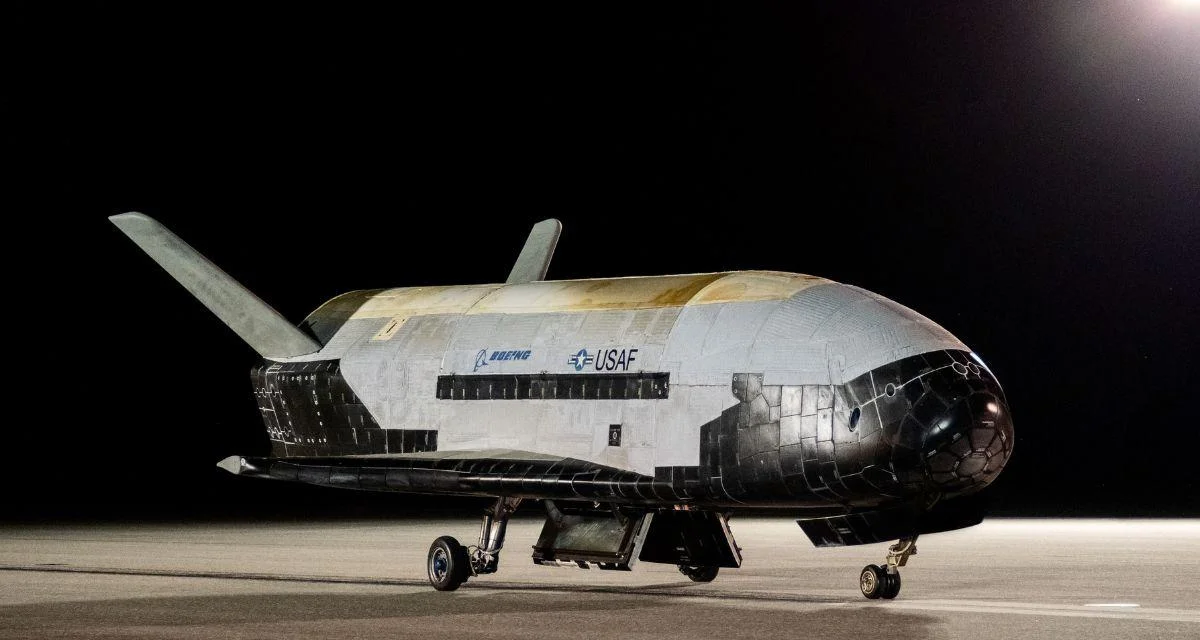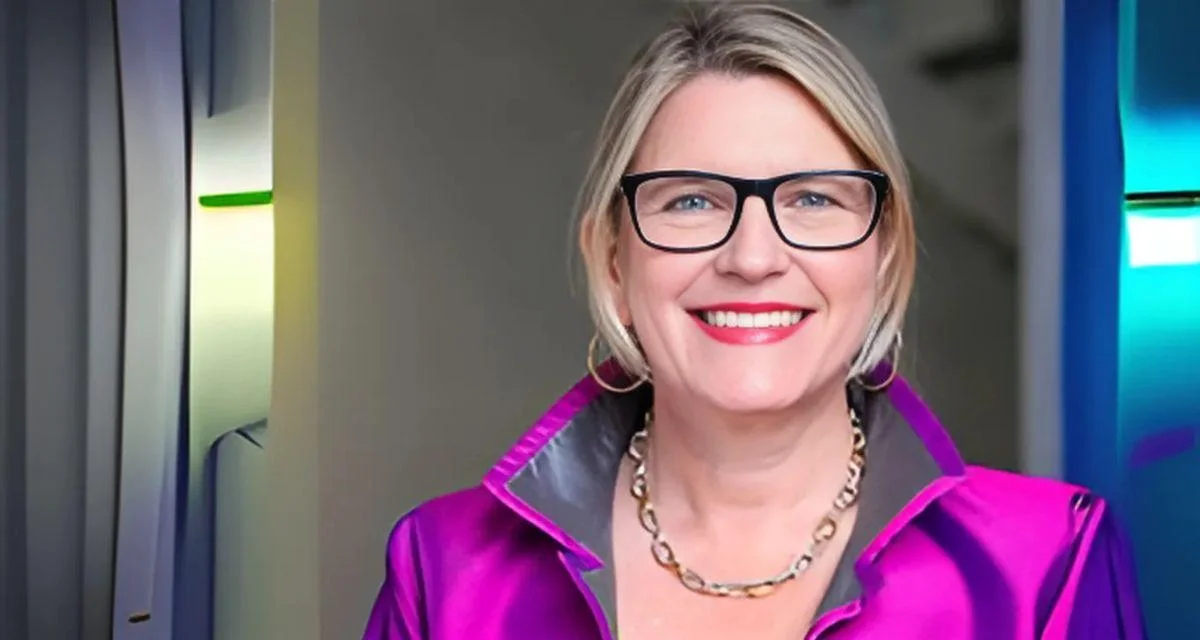Some important Gen 2 work is already underway. Last year, a beam-hopping satellite — nicknamed JoeySat after a baby kangaroo — was launched under the Sunrise Partnership Project between the European Space Agency (ESA) and OneWeb with support from the UK Space Agency. The goal is to demonstrate key technologies for Eutelsat’s OneWeb’s next-generation plan.
As it enters its next fiscal year, Eutelsat Group is eyeing certain new elements of LEO technology that are “fully mature,” noted Berneke on the call, and the firm is embarking on a journey to completing “one or several partnerships in the market.”
Europe’s IRIS² project — the European Union’s planned multi-orbit constellation that will combine benefits offered by LEO, Geostationary (GEO), and Medium Earth Orbit (MEO) satellites to provide secure communication services — “could be one” partnership, said Berneke.
But there are other dialogues around partnerships in the market, she said. “And as you see, more and more of our customers — just like with Intelsat — also ask us to be part of the roadmap going forward because they see our LEO connectivity capacity to be integrated into their offering. So, some of those partnerships we’re exploring quite extensively, and we see ourselves as a very good platform for those kinds of partnerships, be it IRIS² or alternatives where we actually build a joint technology roadmap for bringing mature technologies, or more mature technologies, to the market once they get there.”
Inflight connectivity is among the mobility services that will be supported by Eutelsat OneWeb’s current LEO constellation, and many stakeholders in this sector are enthusiastic about prospects for a Gen 2 network.
In the near term, Gen 1 LEO-powered service in commercial aviation is expected to go live before year-end as part of Intelsat’s multi-orbit LEO/GEO IFC solution, which has attracted several airline customers. In business aviation, Gogo recently told RGN that guidance from the satellite operator sees Eutelsat OneWeb business aviation services “slated to be officially live for operators starting Jan. 1, 2025.”
Fully global LEO service from Eutelsat OneWeb will not be available until spring. During the earnings call, Berneke stated that previously reported ground infrastructure delays remain “the main delay for full operational growth coming out of LEO services.”
Regarding global coverage expectations: “[W]e expect the ground infrastructure…of OneWeb will be completed during spring ‘25 with the last five [to] eight gateways which are some of the tougher ones — in some quite tough geographies — and also market access in order to have full global coverage during spring next year. So that operational ramp-up is on track.”
The company also announced it has entered into exclusive negotiations for carving out and partially selling its passive ground segment infrastructure assets.
 Alerts Sign-up
Alerts Sign-up








